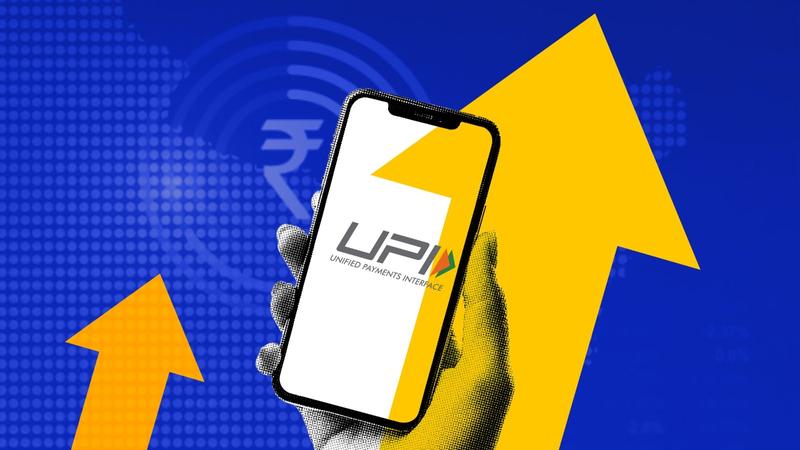Published 13:14 IST, August 8th 2024
MPC increases UPI tax payment limit from Rs 1 lakh to Rs 5 lakh per transaction
This initiative aims to enhance the adoption of digital payments across India.

UPI transaction limit: The Reserve Bank of India (RBI) on Thursday announced key reforms to boost customer protection, transparency, and efficiency in digital lending and payment systems.
Unified Payments Interface (UPI), which has gained significance for its convenience, at present has a transaction limit of Rs 1 lakh. The RBI plans to increase this limit to Rs 5 lakh for tax payments made via UPI. This increase in the limit has been made to support the frequent and high-value nature of both direct and indirect tax payments. The RBI will provide further details on the increase in UPI tax limit in its further announcements.
With existing 424 million users, the Reserve Bank of India (RBI) is targeting further expansion of the Unified Payments Interface (UPI) user base.
The RBI is proposing a new feature called "Delegated Payments," which would enable a primary user to set a UPI transaction limit for a secondary user on their bank account. This initiative aims to enhance the adoption of digital payments across India.
Cheque Truncation System
The RBI is aiming to improve the efficiency and customer experience of the Cheque Truncation System (CTS) by transitioning to a continuous clearing model with ‘on-realisation-settlement.’
Currently, CTS processes cheques within a clearing cycle of up to two working days. Under the new system, cheques will be scanned, presented, and cleared within a few hours during business hours, significantly shortening the clearing cycle from T+1 days to just a few hours. Detailed guidelines on the implementation will be shared soon.
As part of its ongoing efforts to fortify the financial system and safeguard consumer interests, the RBI is establishing a public repository for Digital Lending Apps (DLAs) linked to RBI-regulated entities.
This move follows the RBI's guidelines issued on September 2, 2022, which addressed issues related to customer protection, data privacy, interest rates, recovery practices, and mis-selling.
Despite these measures, unregulated apps falsely claiming affiliation with RBI-regulated entities have continued to emerge. The new repository will help customers verify the authenticity of DLAs by referencing data submitted directly by regulated entities.
It will be available on the RBI's website and updated regularly as new apps are added or removed. Further details on the repository will be provided soon.
Updated 13:54 IST, August 8th 2024